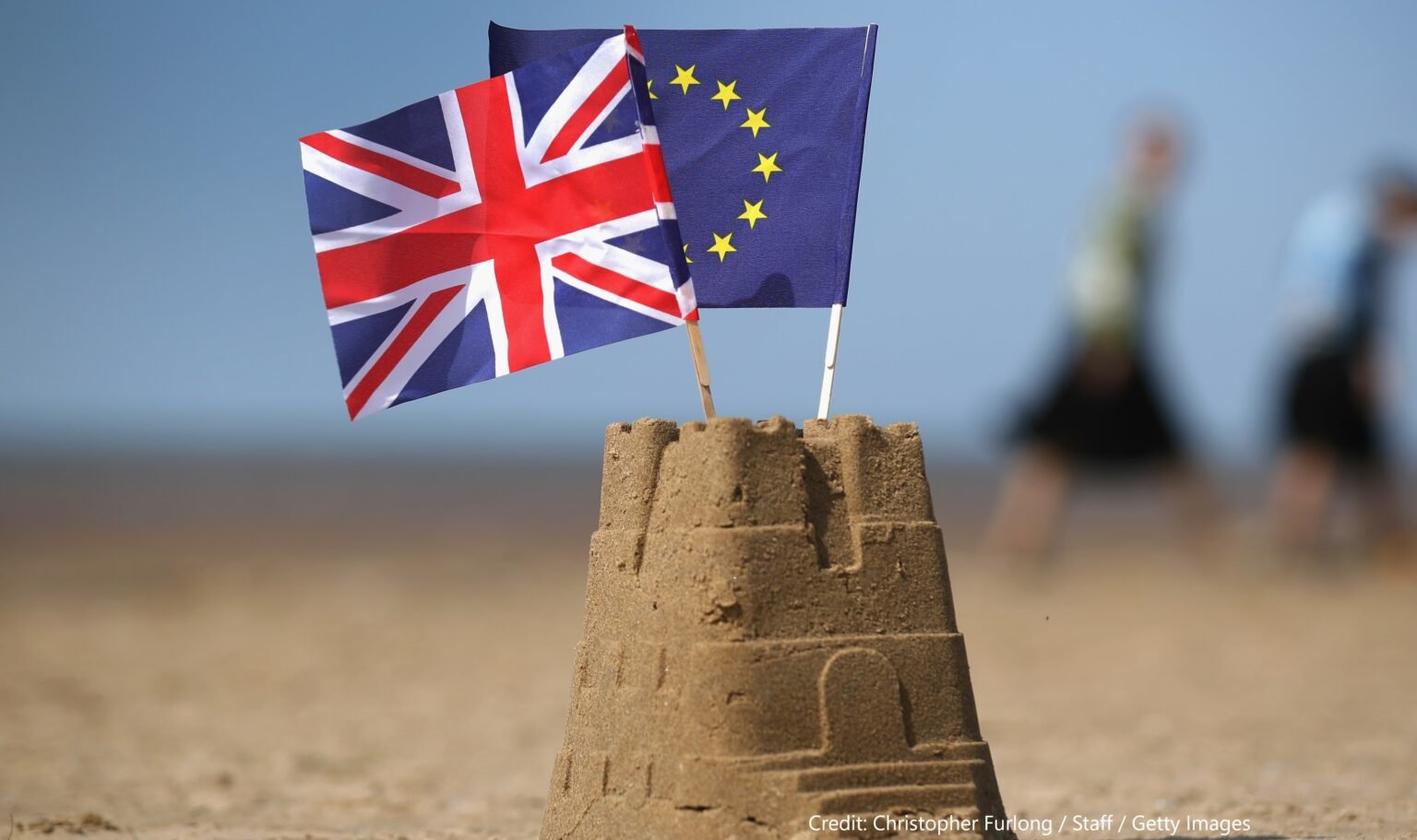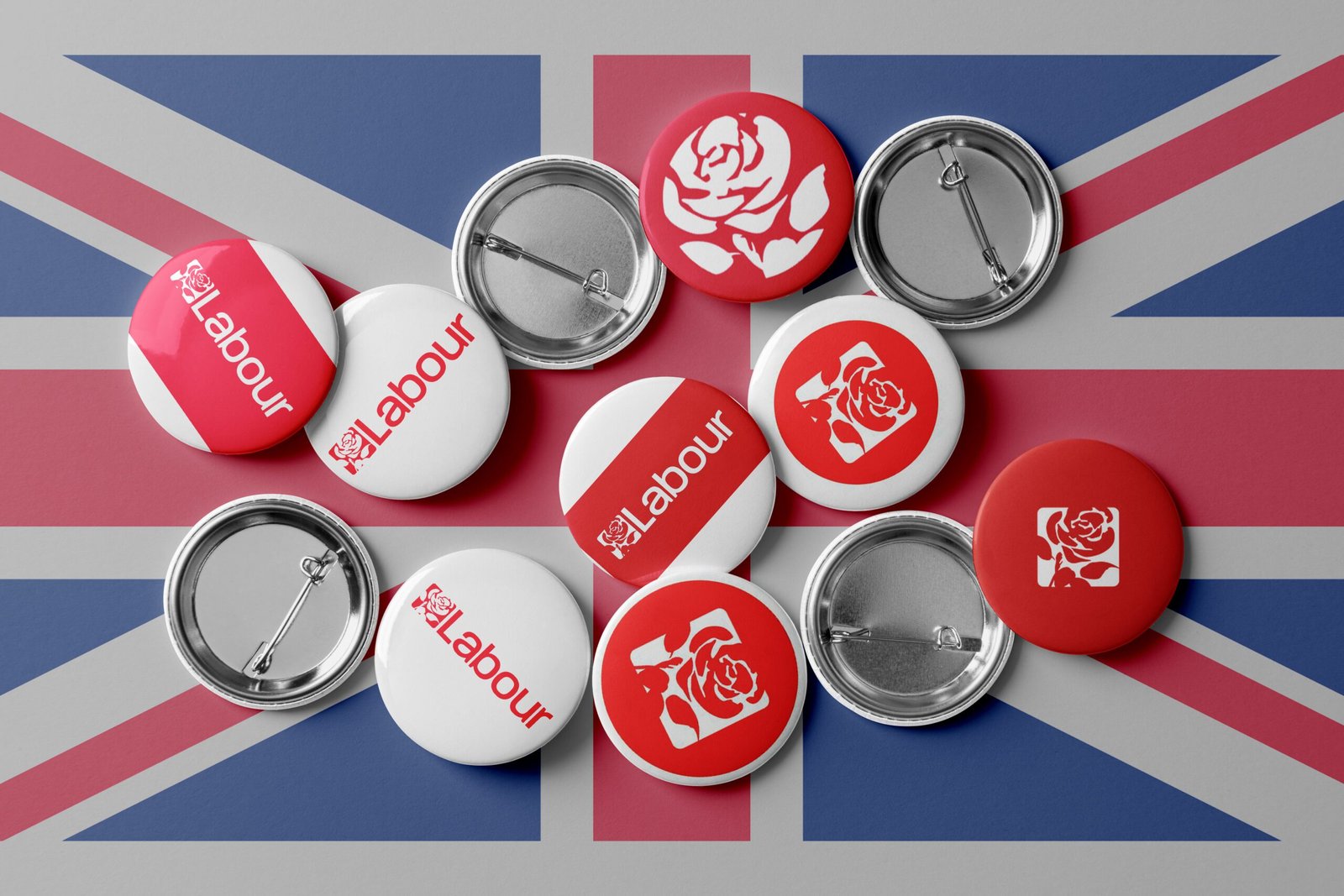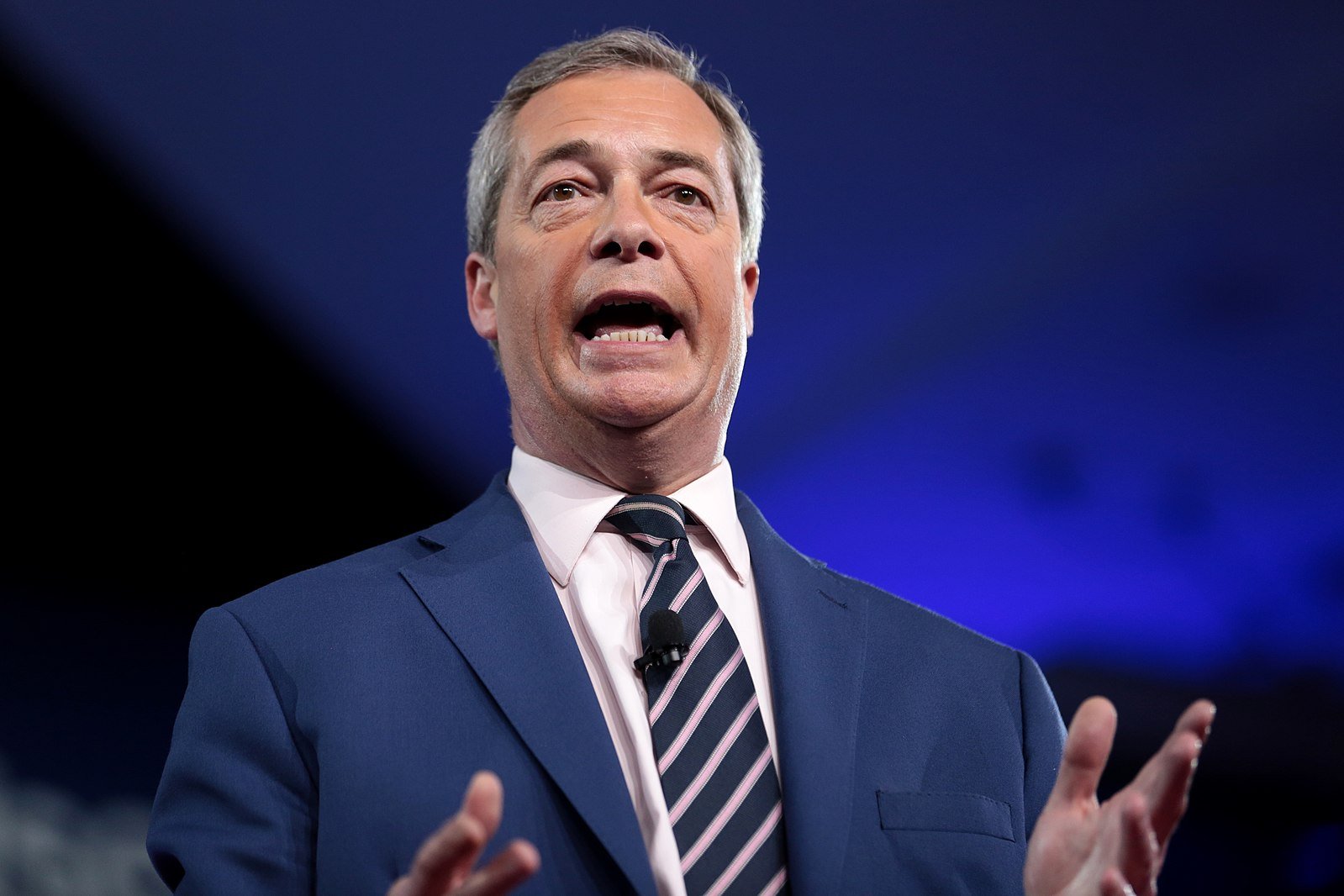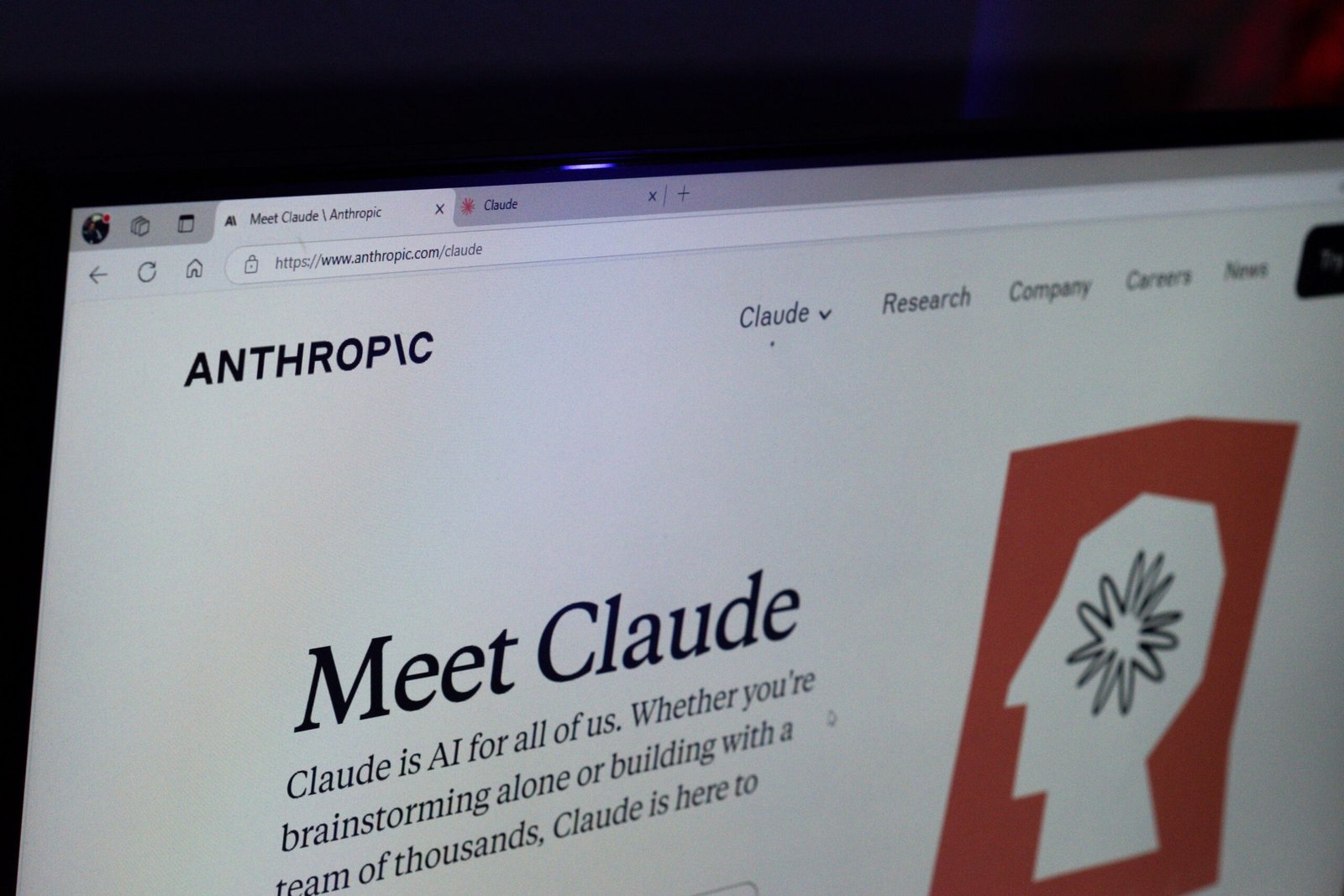
Starmer Faces Backlash Ahead of High-Stakes UK-EU Talks
In a pivotal moment for UK-EU relations, Prime Minister Sir Keir Starmer is set to host a summit in London on Monday, aiming to negotiate a series of agreements with European Commission President Ursula von der Leyen. Central to the discussions is a proposed veterinary deal designed to streamline food trade, potentially reducing supermarket costs and easing border checks. However, the initiative has ignited a fierce political debate over the UK’s post-Brexit sovereignty.
The proposed veterinary agreement seeks to align UK food safety and animal welfare standards with those of the EU. While the government argues that this alignment would facilitate smoother trade and benefit consumers, critics warn that it could effectively make the UK a “rule-taker,” adhering to EU regulations without having a say in their formulation .
Beyond trade, the summit’s agenda includes discussions on a security and defence partnership, youth mobility schemes, and increased access for EU students to UK universities. Chancellor Rachel Reeves has emphasized that these talks aim to foster a stronger partnership with the EU, while maintaining the UK’s red lines: no return to the single market, customs union, or free movement .
The summit has drawn sharp criticism from opposition figures and Brexit proponents. Former Home Secretary Priti Patel described the negotiations as a “surrender summit,” accusing the government of betraying the 2016 Brexit referendum by edging the UK closer to EU influence. Patel expressed concerns that the agreements could compromise UK sovereignty in areas such as defence, migration, and legal alignment .
Adding to the pressure, the House of Commons Foreign Affairs Committee released a letter criticising the government’s approach to the UK-EU relationship. The committee highlighted a perceived lack of strategic vision and coherent policy direction, warning that this could hinder progress in future negotiations .
The Liberal Democrats have seized the moment to advocate for a deeper trade relationship with the EU. Citing research from the Best for Britain campaign group and analysis from the House of Commons Library, they argue that such an agreement could boost the UK’s GDP by 2.2% and generate an additional £25 billion in tax revenue. This, they suggest, could be used to reverse recent welfare cuts, including the withdrawal of the winter fuel allowance and proposed disability benefit reductions .
However, the government’s stance remains cautious. While acknowledging the potential economic benefits, officials are wary of making concessions that could be perceived as undermining the UK’s independence from the EU.
The summit comes at a time when public opinion on Brexit remains deeply divided. Many voters express frustration over ongoing trade frictions and economic challenges, while others fear that renewed alignment with the EU could erode the UK’s hard-won autonomy.
For Prime Minister Starmer, the negotiations represent a delicate balancing act. He must navigate the complex terrain of international diplomacy, economic pragmatism, and domestic political pressures. The outcome of the summit could have significant implications for the UK’s future relationship with the EU and the broader political landscape.
As the talks commence, all eyes will be on Downing Street & Starmer to see whether the government can secure agreements that deliver tangible benefits without compromising the principles that have defined the UK’s post-Brexit path.





